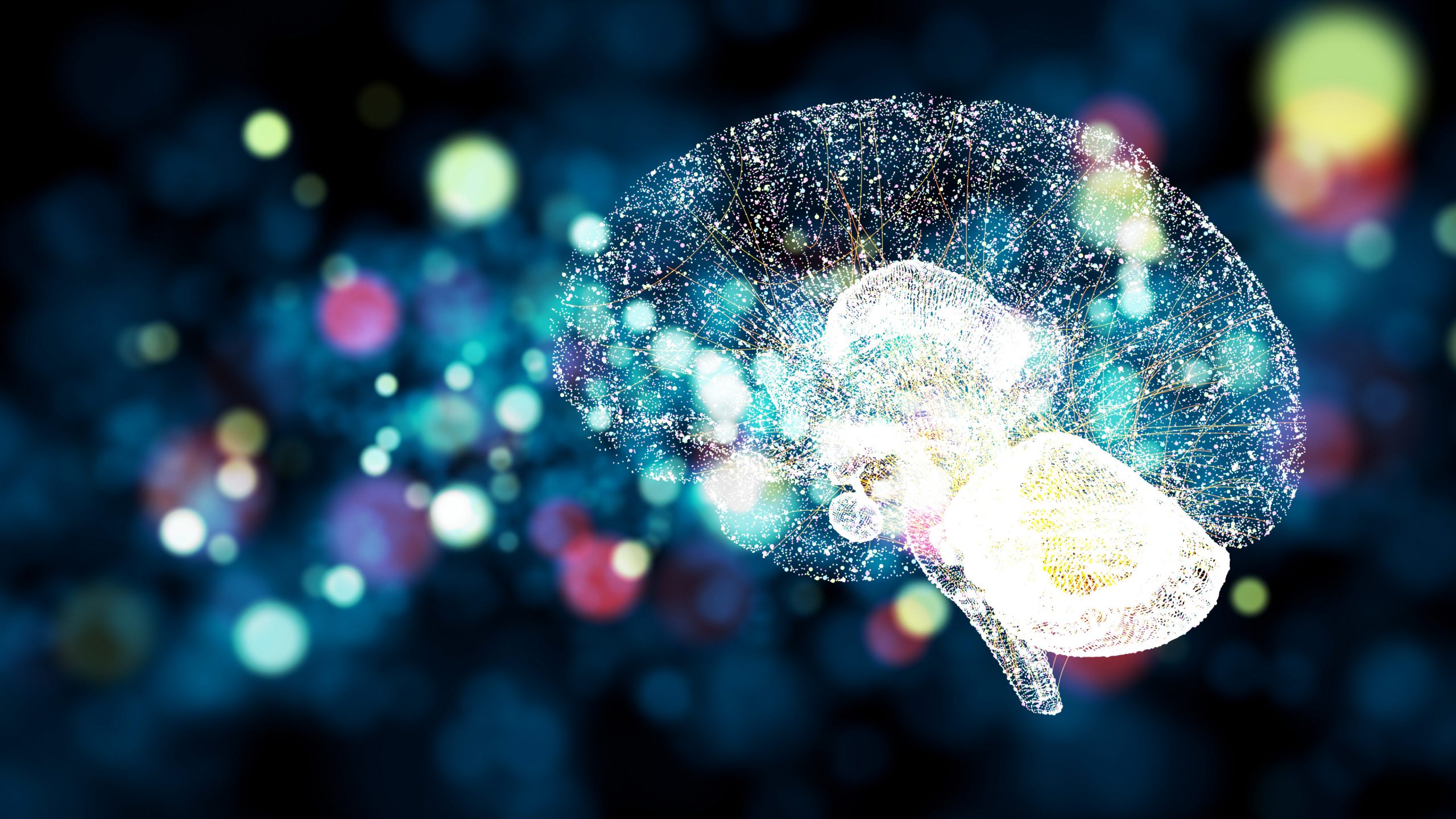Get Easy Health Digest™ in your inbox and don’t miss a thing when you subscribe today. Plus, get the free bonus report, Mother Nature’s Tips, Tricks and Remedies for Cholesterol, Blood Pressure & Blood Sugar as my way of saying welcome to the community!
Chronic inflammation: Your brain’s single biggest threat

Until about a decade ago, scientists believed that we each have a finite number of brain cells that could not be replaced, and that, over time, we continue to lose those brain cells.
Lose enough brain cells, and the result is neurological disease and dementia.
Over the last ten years, though, we’ve learned a lot about the brain.
We now understand how brain cells are destroyed, and how they can, in fact, regenerate themselves.
Most importantly, we now know how our lifestyle contributes to each of these processes.
Especially our diet.
Chronic inflammation destroys brain cells
“Scientific research has been very clear that excess inflammation affects the circuits in the brain,” says Dr. Drew Ramsey, assistant clinical professor of psychiatry at Columbia University College of Physicians and Surgeons.
According to Dr. Ramsey, inflammation not only disrupts brain circuity, it actively kills brain cells.
Dr. Ramsey explains that an inflamed brain leads to brain fog, anxiety, depression, low energy, and (over a long period of time) cognitive decline and disease.
Chronic inflammation keeps brain cells from growing back and re-connecting
But that’s not the only way chronic inflammation destroys your brain.
Not only does it destroy existing brain cells, but it interrupts two regenerative processes that take place mostly in the hippocampus, the area of the brain responsible for emotional health as well as memory function (remembering old memories and creating new ones).
Neurogenesis is the key process for producing new brain cells.
Neuroplasticity is where existing neurons grow and form different connections with each other, “kind of like interweaving branches from nearby trees,” explains Dr. Faye Begeti, a neurologist at the Cambridge Centre for Brain Repair at the University of Cambridge, UK.
Again, it’s a chronic inflammatory state we’re talking about. Having a cold or the flu, for example, does not damage your brain.
Dr. Begeti explains, “The brain is shielded by a blood-brain barrier. This barrier can become leaky, but this would only happen in prolonged, systemic inflammatory states rather than a simple cough or cold.”
How to keep inflammation away and preserve your brain
Good sleep and regular exercise are both important for a healthy hippocampus.
But it’s in the area of your diet that you have the greatest ability to prevent the inflammation that destroys your brain.
Sugar, processed meats and refined carbs are foods to avoid whenever possible.
If you’re one of those people who feel like you’re “addicted” to sweets, here’s how to rewire your brain so it prefers healthier foods.
According to Dr. Ramsey, certain nutrients are especially beneficial to neurogenesis:
- Omega-3 fatty acids – found in fish, nuts and seeds, and soybeans
- Phytonutrients – natural compounds found in plants such as vegetables, fruit, whole grains, and legumes
- B vitamins – found in meat, dairy, whole grains, dark leafy greens, citrus fruits, avocado, banana, nuts and seeds, and legumes
- Zinc – found in lean meats, eggs, seafood, lentils, nuts and seeds, and soy
- Magnesium – found in whole grains, soy, nuts and seeds, legumes, and dark chocolate
If you’re thinking that the Mediterranean diet includes a lot of these foods, you’re on the right track!
Research has shown that sticking to a Mediterranean diet can improve performance in memory, verbal ability, and visuospatial ability.
Editor’s note: While you’re doing all the right things to protect your brain as you age, make sure you don’t make the mistake 38 million Americans do every day — by taking a drug that robs them of an essential brain nutrient! Click here to discover the truth about the Cholesterol Super-Brain!
Editor’s note: Did you know that when you take your body from acid to alkaline you can boost your energy, lose weight, soothe digestion, avoid illness and achieve wellness? Click here to discover The Alkaline Secret to Ultimate Vitality and revive your life today!
Sources:
This Is What To Know About Staying Mentally Sharp, According to a Psychiatrist and a Neurologist — wellandgood.com
Nutritional Factors Affecting Adult Neurogenesis and Cognitive Function —Advances in Nutrition














